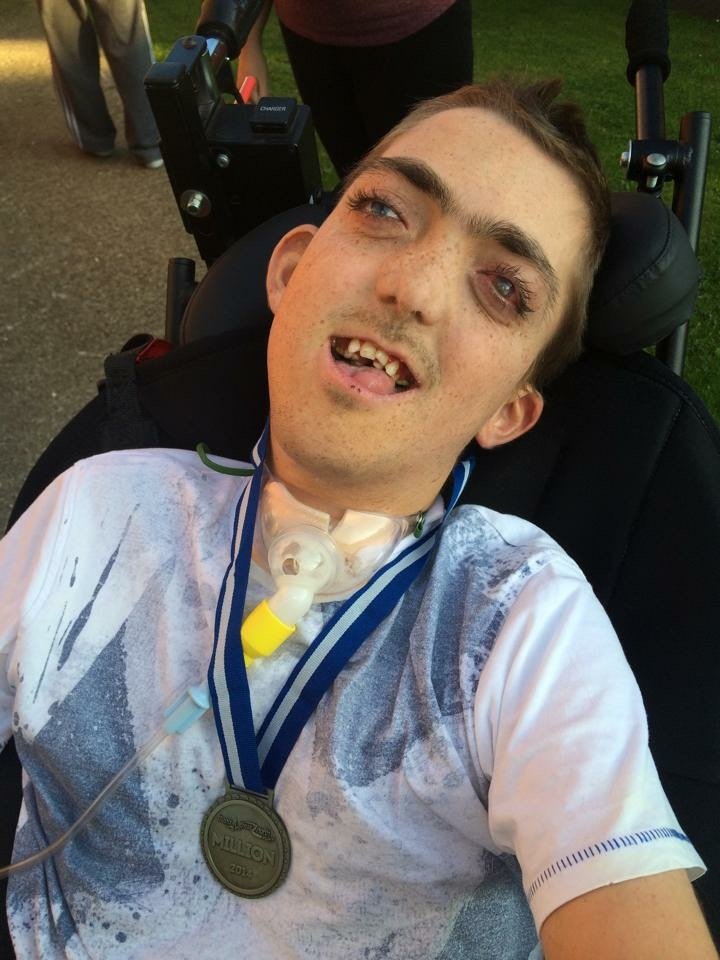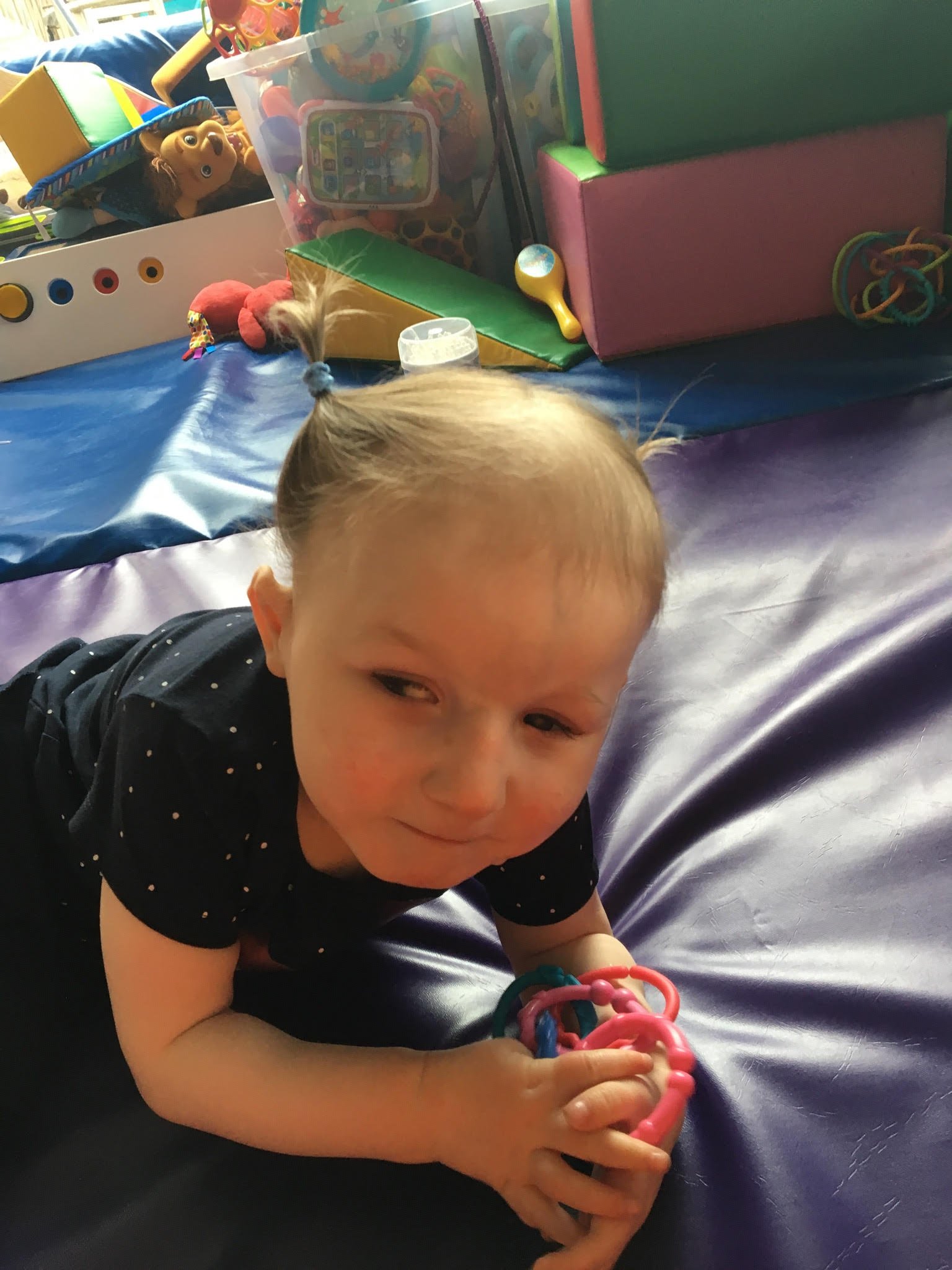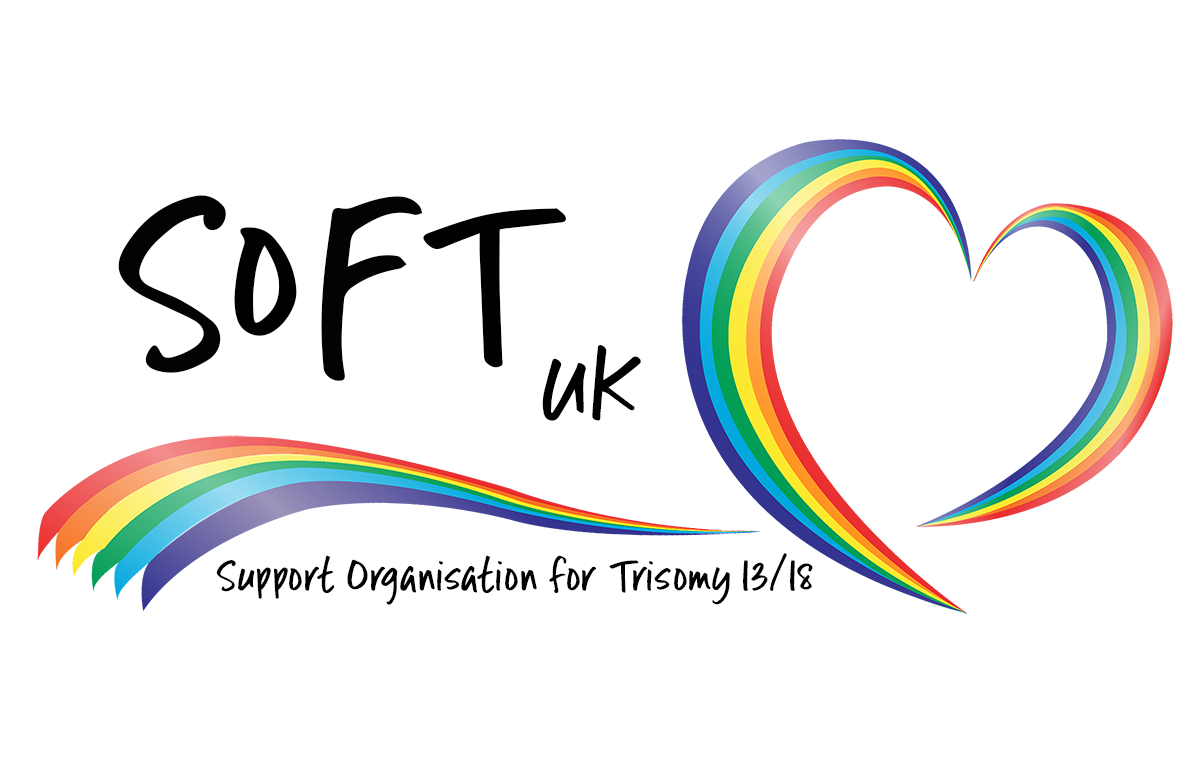What is Trisomy 13?
Trisomy 13 (Patau's syndrome) is a genetic condition caused by the presence of an extra chromosome in the body’s cells. This extra genetic material affects foetal development.
Trisomy 13 affects approximately 1 in every 4000 pregnancies in the UK.
Around 80% of babies born with Trisomy 13 will be affected by Full Trisomy 13. This means that the extra chromosome originated at the point of conception during the process of MEIOSIS. This condition is not inherited from parents.
The remainder of babies will have Trisomy 13 as a MOSAICISM or TRANSLOCATION.
Mosaicism is where a problem has occurred during MITOSIS, or the division of cells when the embryo is forming. This means the baby will have Trisomy 13 in some of its cells, not all of its cells. How affected the baby is may depend on the percentage of cells affected and where the cells are located.
Translocation occurs where a part of venetic material is duplicated or adheres to the wrong place on a chromosome. This can occur during Mitosis, but can also be partially inheritable. Families affected by Translocation should consult a Genetic Counsellor for further information.




How many babies are affected?
About 1 in 4,000 is diagnosed with trisomy 13. It is the third most common autosomal trisomies after trisomy 21 (Down's syndrome) and trisomy 18 (Edwards' syndrome).
In England and Wales between 2004 and 2011, there were 1,662 diagnosed cases of trisomy 13.
In the same 8 year period, 173 babies with trisomy 13 were born alive.
(National Down Syndrome Cytogenetic Register, data provisional).
How does Trisomy 13 affect an individual?
Trisomy 13 is associated with a range of specific physical features. It is unlikely that a baby would be born with ALL the complications, but more common they would have several indicators from the list that would point to a Trisomy 13 diagnosis:
Microcephaly (small head)
Micropthalmia (small eyes)
Other eye problems such as missing eye or retinal defect
Holoproscencephaly (failure of the forebrain to divide completely)
Cleft lip and/or palate
Variations in the development of the ears
Variations in the palm
Extra digits on hands or feet
Variations in foot development
Trisomy 13 is also associated with some specific medical complications
Approximately 80% of children will have a heart condition
Kidney defects
Feeding difficulties
Apnoea or epilepsy
Omphalocele
All children with Trisomy 13 will be affected by Developmental Delay.
SOFT US provide an excellent factsheet summary on Trisomy 13.
Trisomy 13 and Life Expectancy
Trisomy 13 is a life-limiting condition and affects how long a baby is expected to survive.
Around fifty percent of pregnancies diagnosed with Trisomy 13 at 12 weeks will end in miscarriage or stillbirth. This percentage decreases as the pregnancy progresses, which means that the longer your pregnancy lasts the more chance you have of your baby being born alive. There is also an increased risk of the baby not surviving delivery, which is something you may wish to discuss with your medical team. (Morris JK, Savva GM, 2008)
Babies born with Trisomy 13 will often, but not always, require specialist medical care. Sadly most babies will die during their first year of life. The most recent research found survival rates for Trisomy 13 at 11.5% at 1 year and 9.7% at 5 years old. (Meyer et al 2016)
This research also shows an increased survival rate where children have received medical interventions.
What is the risk of a future pregnancy being affected?
If you are planning a future pregnancy, you may wish to discuss this with a healthcare professional. Although in most cases Trisomy 13 is not inheritable, each family's circumstances will be different and a professional that knows you individually can best advise on this. In particular if your baby is affected by Translocation, you may wish to request genetic testing or genetic counselling to fully understand what this may mean for other members of your family and future pregnancies.
Full Trisomy 13 is rarely inherited, but the risks can be higher for related forms of the condition, particularly Translocations.
Maternal age is known to be a risk factor for Trisomy 13, which is common in many genetic conditions.
There is a small increased risk of a future pregnancy with the same Trisomy or another Trisomy after a Trisomy 13 pregnancy. The reason for this is not known.

